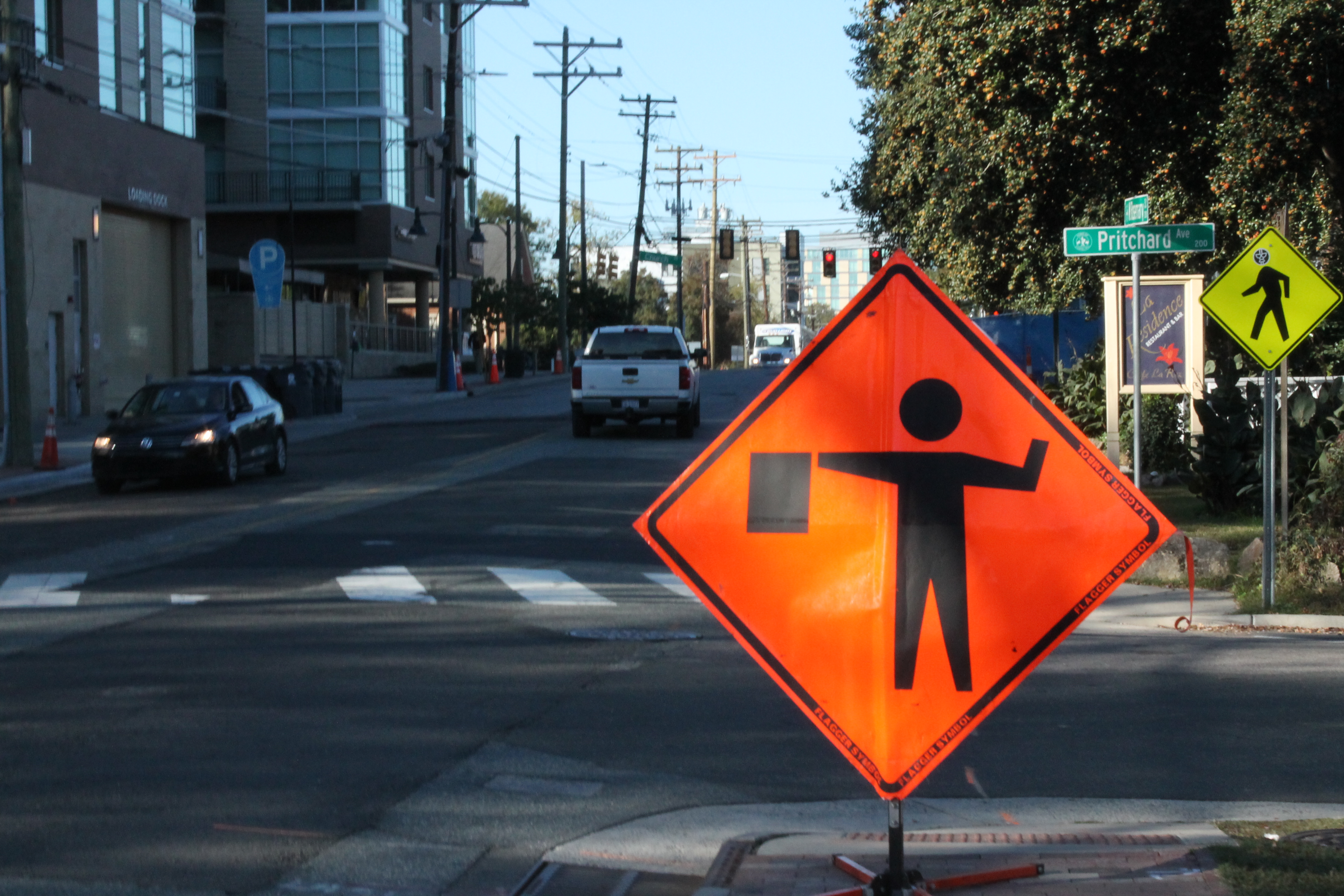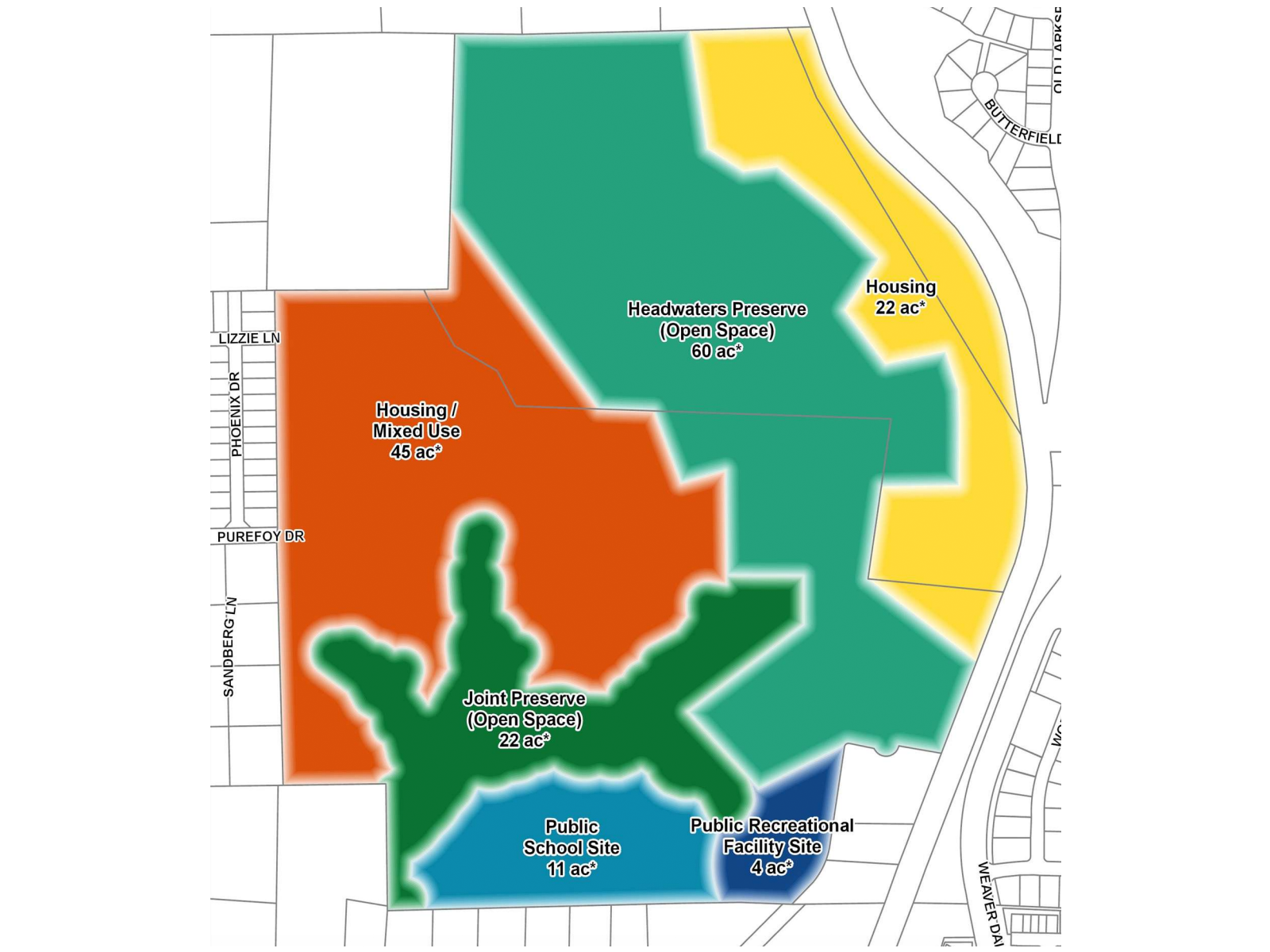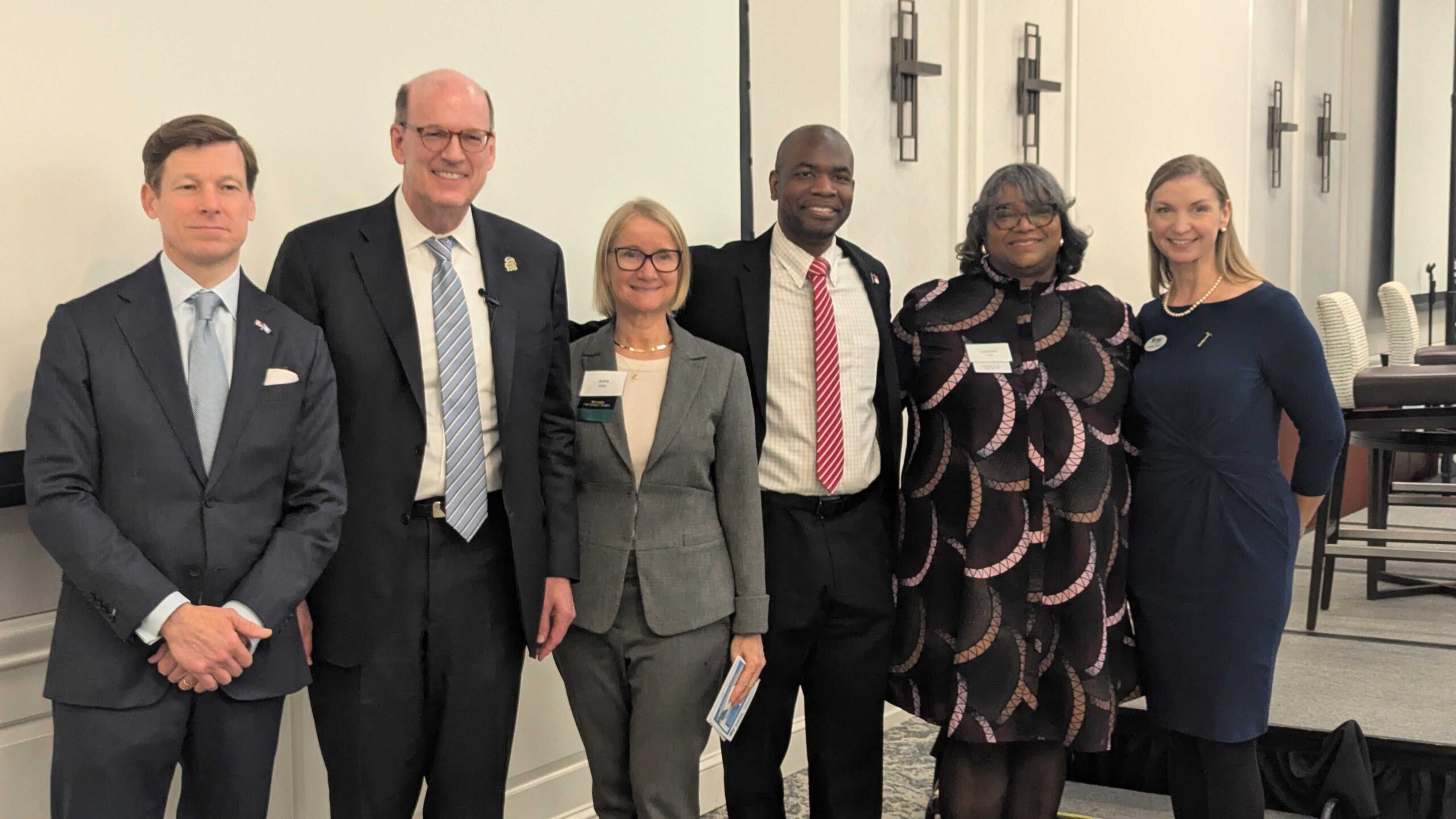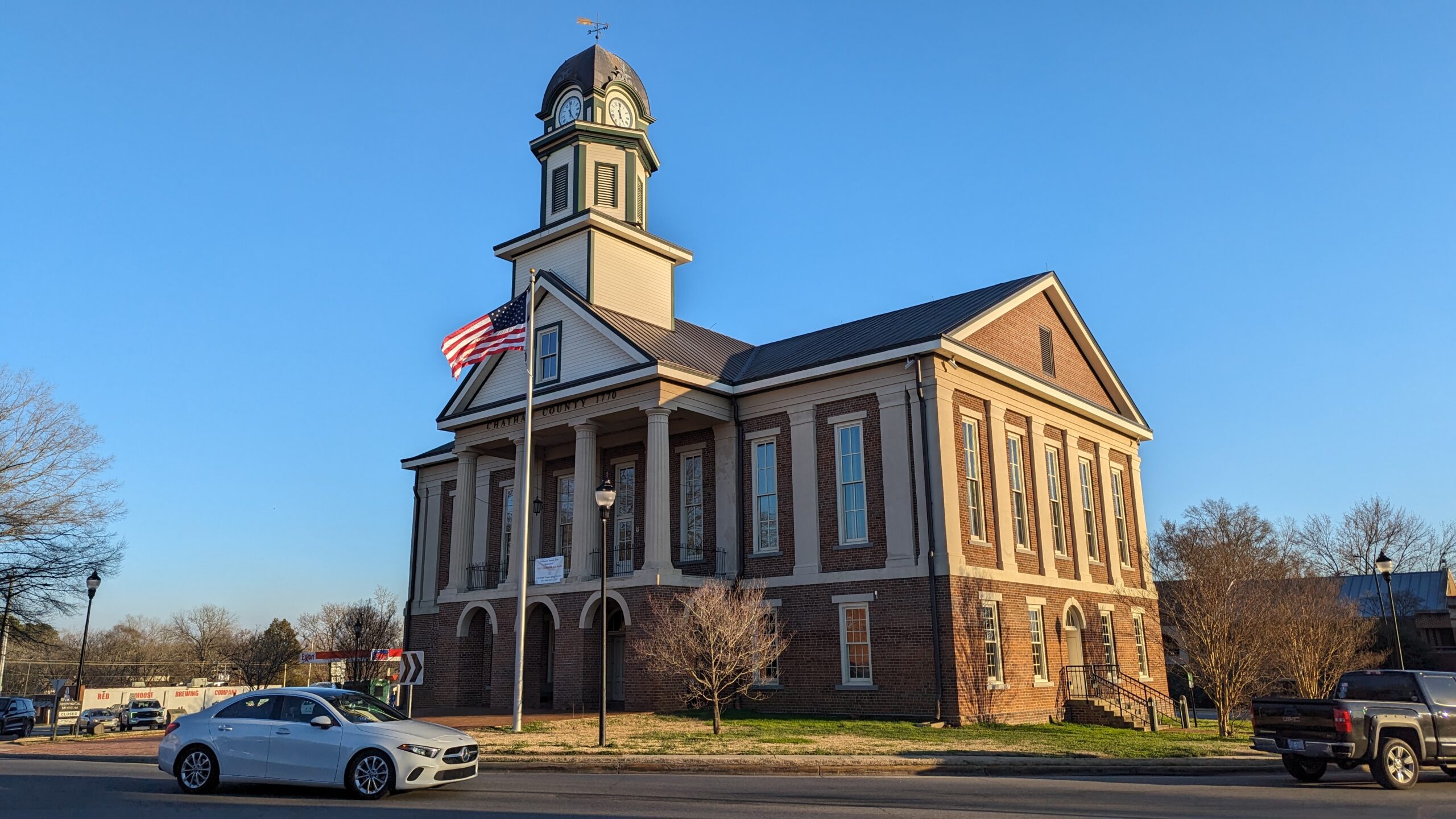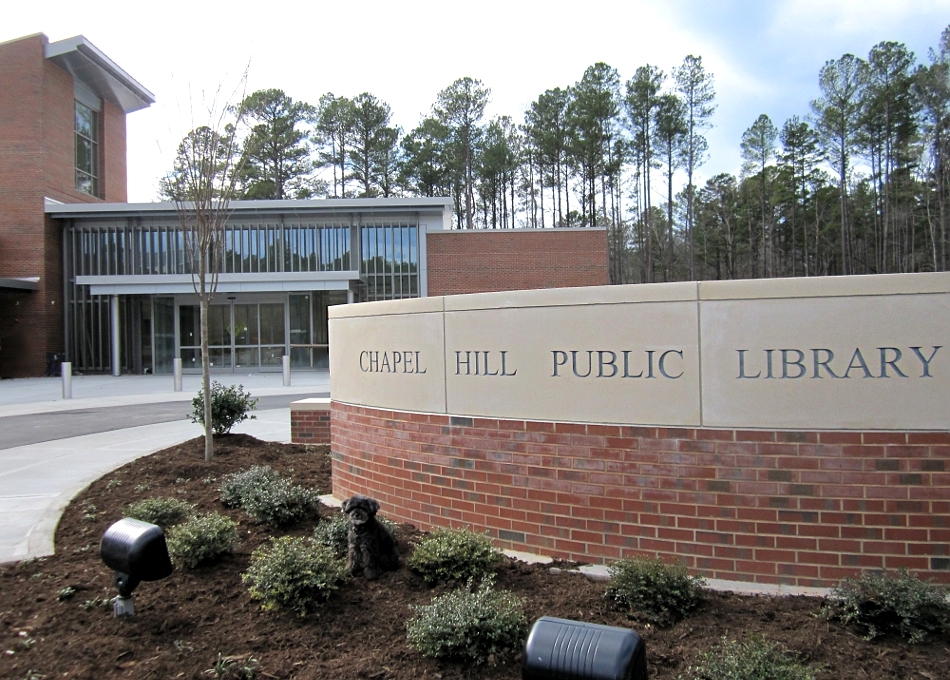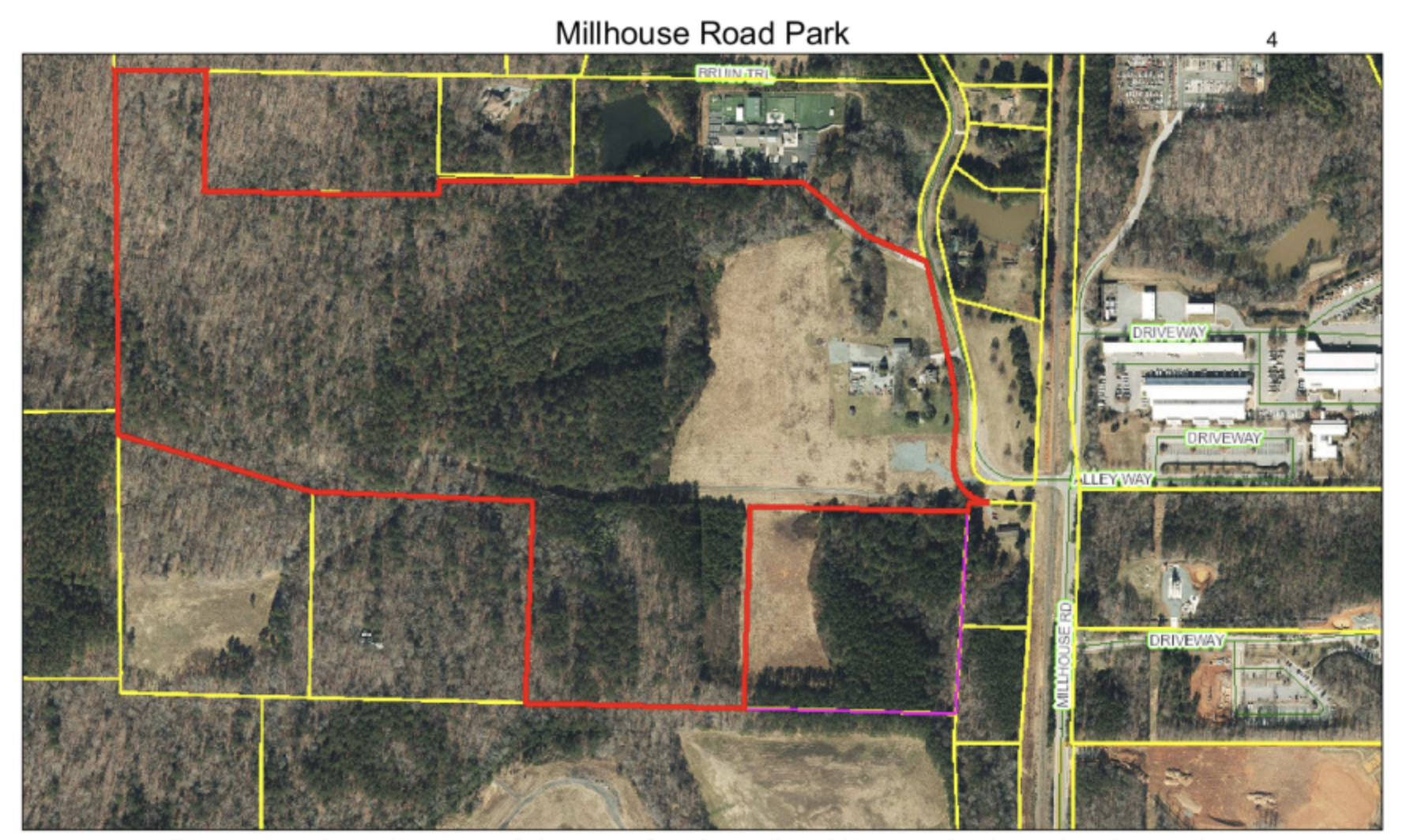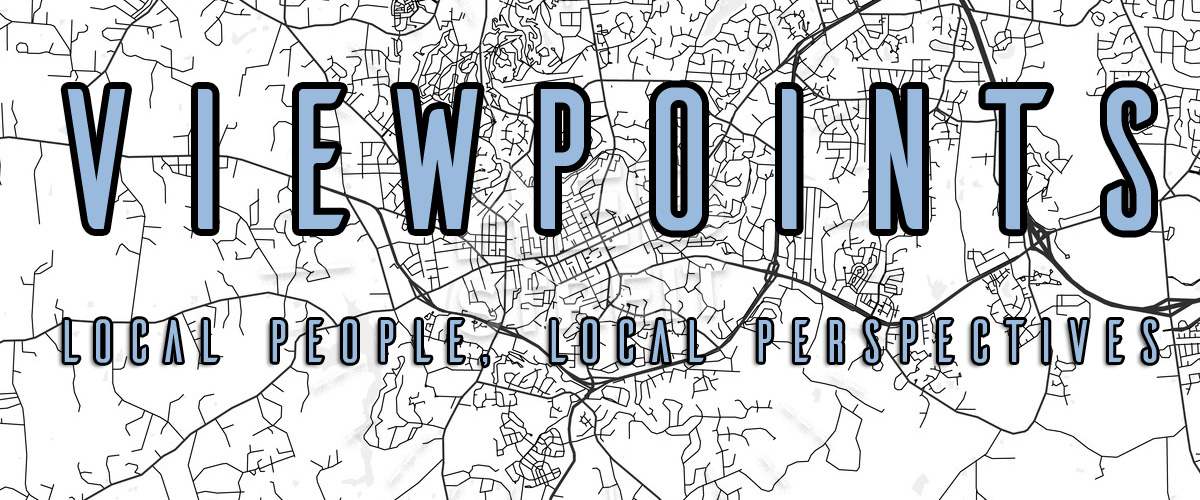
Just Being: Black Bodies in Chapel Hill
A perspective from Dr. Deborah Stroman
Editor’s note: This column has been edited for length with every effort made to preserve meaning and message. If you’d like to read Dr. Stroman’s full piece on Medium, click here.
Twelve years ago I made the very conscious decision to move from Maryland back to the “southern part of heaven,” Chapel Hill.
Although, as a Tar Heel, the job offer from my alma mater was compelling, it was the overall lifestyle of the Triangle area — the food, liberal bent, location, and slower pace — that made the sale easy. I thought I knew this attractive small town, having been a graduate student in the mid-1980s. On the surface, all my fantasies about living in a diverse, creative and hospitable community have come to pass.
Nevertheless, I have intentionally kept my eyes and ears open, staying grounded and cognizant of those trap doors (more so than the glass ceilings) that confirm the rich research findings that speak to the challenge of the Black experience when living and working in historically white institutions and cities. My connection to Tar Heel athletics in all its excellence and fandom can’t even mask the racist practices that exist in our wonderful county.
In his book “Racism Without Racists,” Duke University sociologist Eduardo Bonilla-Silva states, “The main problem nowadays is not the folks with the hoods, but the folks dressed in suits.” The pressure point of advocating for change or disrupting the status quo generates an almost routine backlash and pushback from traditionalists in suits or dress jeans. Who fiercely defends tradition and the past? Those who have come to benefit from its almost impenetrable gates wrought from exclusion, financial rewards, and social status.
I find it critical to have a clear definition of racism and a clear view of power dynamics to navigate life as a citizen of these United States. When access, experience and resources are controlled, power can become invisible – and racism thrives. Racism allows for systems and institutions to use their power to advantage certain people over others due to racial prejudice. Despite my academic credentials, joyful attitude, faith in God, and a life-long immersion in White culture, I still find myself and people of color being excluded in Orange County by White people due to racist practices. (Sure, there are reasons to omit me and others from places and spaces — but that is for another article. I am referencing those very obvious experiences that work to advantage some and deny others based on race.) Perhaps I shouldn’t be so guileless to believe that our area — which markets itself as being open, diverse and progressive — would be so ignorant (or dismissive) of all the inequities that exist here.
Those iniquities are close to home, and affect our families. For decades now, we can’t seem to muster the will to implement an effective strategy to create equity in our K-12 educational system. According to the Southern Coalition for Social Justice’s Racial Equity Report Cards, our two systems forged from racism and an identity struggle, Chapel Hill-Carrboro and Orange County Schools, continue to fail despite the wealth of our residents, low crime, credentialed leaders, and a well-resourced UNC School of Education within a 20-minute drive of nearly all of the schools.
For example, according to those reports, in the 2017–18 CHCS school year 87% of White students were categorized as college and career ready compared to only 30% of Black students! Black students were 3.2 times more likely than White students to receive a short- term suspension in 2016–17 in OCS! It seems that our primary and secondary system is particularly designed to exclude or deny quality education to certain populations based on race. How else can one explain how bright minds repeatedly miss the equity mark in our schools and allow for young people to suffer academically?
While UNC has a documented history of failing to recruit and retain Black faculty (amongst other concerns), it maintains its prominence amongst public research institutions. The overused answer to the failure of Black faculty security is the lack of available talent and “fit.” Research and observations continue to disprove that illogical argument for the explanation to the racial gaps in higher education. The reality is that Black faculty at historically white institutions are often responsible for a disproportionate amount of service work such as mentoring, advising, and committee work — and hired as an assistant with a level of expectation to be ready by the end of their first year to “prove their value.” Many administrators and faculty will deny these unrealistic expectation. The data and outcomes, however, show otherwise.
The desire to help students of color feel welcome and comfortable often becomes a work tax for Black professors. This invisible labor is often not valued during the annual review and promotion consideration, which further exacerbates the often uncomfortable environment of being the only faculty member of color in a department. Quiet as it is kept, Black faculty and staff are a significant reason why many Black students stay enrolled in these often hostile environments. Yet, there is rarely a public acknowledgment or job reward for this critical service.
The number of Black faculty who have obtained tenure or long-term fixed contracts is depressing. Most UNC departments have zero Black full professors. Assistant professors are “churned and burned” and leave UNC without a consideration by senior faculty or administration of historical injustices faced by Black academics. During this exit phase, there is talk of equality — but never equity.
Despite the exclusion and injustices that Blacks experience as employees and residents in Orange County, some choose to stay. I am in that number. I long for a more loving and equitable community, and when I interact with conscious White people who “get it” I am motivated to hang in there – and to count my blessings.
The facts are clear about our educational issues, and one can find similar injustices for other institutions such as criminal justice, environment, healthcare, and religion. It is noteworthy that our churches are probably the most identifiable examples of denial and dismissal of racial bias and unequal treatment. And yet, the Whites who use their voice, resources and access to stand up to structural racism in our institutions and organizations as leaders (and not allies) are a blessing. They continue to motivate some people of color to remain hopeful and more importantly, to help us get through another day of being viewed as inadequate or unwelcome.
As a curious academic, I am conditioned and trained to ask questions, so I invited a group of Black professional women to my home for a “Sister Chat.” I asked them to confidentially share with me their experiences of living and/or working in one of the most desirable places in the U.S. I inquired of them: “Why do you choose to stay in Orange County in the midst of the overt and covert ways of exclusion and negative racial bias expressed towards us?” The themes were good friends, safety, children commitments, helping other Blacks survive, and religious reasons. The disturbing comments weren’t too surprising:
“It’s not too many opportunities here for Blacks.”
“…only God could have assigned me to this place.”
“I’m here for the students who are trying to navigate UNC and are experiencing culture shock…they need us.”
The atmosphere and the joy of having brilliant Black women share laughter, food, and beverage engagement made me feel that we could have been in New York or Johannesburg, where a group of Black people congregating would not be unique or considered strangers in our own hometown due to the color of our skin.
I am thankful that there are so many people in our county who have chosen to attend the Racial Equity Institute training and then go further by processing the observations and investigating the related research. I am hopeful that the thousands of participants have become lifelong learners who desire to apply the concepts in their lives. Far too often people try to substitute diversity or implicit bias training to evade the real conversations and learning about U.S. history, race, and racism.
I truly believe that if more people participated in racial equity education, we would be better able to speak about the truth of our nation’s history, have shared language, and then use our imaginations to foster healing. The recent 1619 Project has inspired many people to learn and debate our complex history. We need committed and organized people to dismantle the racist structures, promote harmony, and respect for one another. News about national and state politics, discussions on the status of Silent Sam, protests again the Ku Klux Klan and the Lost Cause ideology, and being on the lookout for people seeking to harm us require us to be more thoughtful and engaged in efforts to make a change. Stepping away from our offices and the comforts of our homes to be close to those in the community who suffer the most from these inequities are necessary to fully understand and sympathize with the level of pain and hurt that exists for many people of color. How can one be an effective anti-racist if there is an absence of speaking to and knowing the realities of the “other”?
The tradition and status quo in Orange County has kept far too many people locked out. I am confident that many Whites would frown and deny their being discriminatory towards Blacks. However, we have to remind ourselves of what UCLA researcher Daniel L. Ames eloquently states, “racial biases can in some ways be more destructive than overt racism because they’re harder to spot, and therefore harder to combat.” As upholders and supporters of racist systems and institutions, people in our towns serve as unknowing gatekeepers or power brokers to maintain the disparities. Being liberal or progressive often blinds us to the ways in which we uphold the structures that are designed to keep people at a disadvantage. Using the word “racist” can be triggering due to its connection to slavery and genocide. Nevertheless, we can all move beyond this often paralyzing emotion to land on the more important work of stopping the injustices that are happening in these systems we work in every day.
Blacks are here to stay in Orange County. Despite our dwindling numbers due to the attractiveness of the diverse and trendy Durham or Raleigh, we have hope that one day there will be answers and resistance to the racist treatment and attitudes. We want to just be. Paraphrasing the Queen, Dr. Maya Angelou, we bring the gifts that our ancestors gave. We are the dream and the hope of those who were enslaved. Thankfully, our faith is bigger than individual acts; we won’t stop fighting for the dismantling of the systems and institutions that perpetuate oppression and worst outcomes. Even if it means that the Orange County mystique takes a punch in the gut in the process. Our lives, our being, depend on it.

“Viewpoints” is a place on Chapelboro where local people are encouraged to share their unique perspectives on issues affecting our community. If you’d like to contribute a column on an issue you’re concerned about, interesting happenings around town, reflections on local life — or anything else — send a submission to viewpoints@wchl.com

